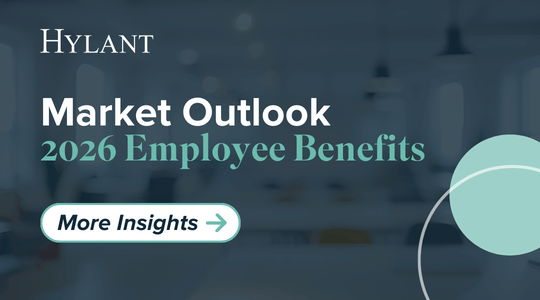Health & Well-being
Support Employee Mental Health with Time Off
Time off matters for well-being.
April 29, 2025
The workplace continues to evolve, but one thing remains clear: employee mental health is under pressure. From economic and political uncertainty to hybrid work demands to understaffing ramifications, stress levels remain high—and companies are being called to respond with meaningful support.
The Demand for Well-Being Support Is Strong
According to the Mind Share Partners 2025 Mental Health at Work Report, nearly 50% of U.S. workers report moderate to severe levels of burnout, depression, or anxiety. Top stressors include U.S. politics (43%), global events (42%), and personal finances (37%). These challenges are especially pronounced among women, younger generations, LGBTQ+ individuals, and frontline workers. Younger workers also cite too little time to complete work and a lack of resources and the right tools as stressors, according to research from Moodle conducted by Censuswide.
Time Off Remains a Critical Tool for Mental Health
Time away from work continues to be one of the most effective tools for reducing employee stress, which can, in turn, contribute positively to a company’s resiliency and bottom line. According to a 2024 PeopleKeep survey, employees rank paid time off among the top three employer-offered benefits. Companies are responding by expanding leave policies, offering mental health days, and even adopting unlimited PTO policies to give employees more autonomy over their time.
Culture Still Shapes the Impact of Leave
Unfortunately, just because a company offers time off doesn’t automatically mean employees will acknowledge the need to take it. Stigma remains a barrier. The 2025 NAMI Workplace Mental Health Poll found that 42% of employees worry their careers would be negatively impacted if they disclosed mental health concerns at work. Only 13% told their manager that their mental health was suffering due to work demands.
This highlights a critical gap: while policies may exist, the culture and communication around using time off must evolve. Only when employees feel safe taking time off will these programs reach their full potential.
Mental Health Is a Business Imperative
The business case for mental health is stronger than ever. According to the Mind Share Partners report, employees who feel supported are twice as likely to report no burnout or depression. In addition, 82% of job searchers say company support of mental health is “moderately” or “extremely important.” Mental health support is a key differentiator in talent acquisition and retention.
To stay competitive and build resilient teams, companies must invest in comprehensive well-being strategies—combining generous time off with a culture that truly supports mental health. Reach out to Hylant for assistance with your health and well-being program.
Related Reading: Defining Well-Being Program Value: ROI Versus VOI
The above information does not constitute advice. Always contact your employee benefits broker or trusted advisor for insurance-related questions.


